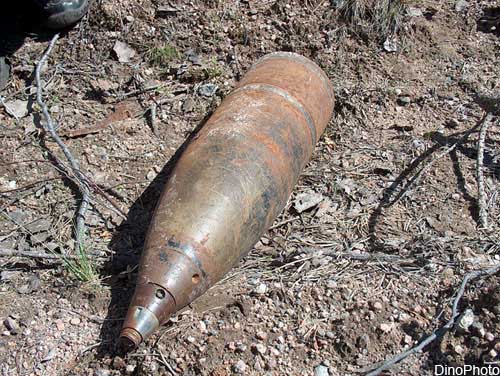The panel, consisting of four experts from the Organization for the Prohibition of Chemical Weapons (OPCW) and an Iraqi government representative, is to visit Iran's western city of Sardasht to tinvestigate an unexploded chemical bomb discovered there before disarming it, Press TV reported with reference to IRNA.
"The conclusion of these investigations will again serve to prove Iran's innocence [in the Western-backed Iraqi imposed war in the 1980's] and will determine the main perpetrators, supporters, and manufacturers of these weapons," said Sardasht Governor Zabihollah Kazemi.
The 100-kilogram unexploded chemical bomb, dating back to the days of the 1980-1988 Iraq-Iran war, was found at the depth of about two meters in the city of Sardasht in July.
Iraq launched an aerial bombing attack against Sardasht on June 28, 1987 using chemical weapons.
The city was attacked by four bombs containing 250 kilograms (550 pounds) of mustard gas. The bombs were dropped on the densely populated city center.
Sardasht was the world's third populated city, after Japan's Hiroshima and Nagasaki, to be deliberately targeted with weapons of mass destruction. It was also the first city in the world to be attacked with poisonous gas.
The chemical bombing attack killed over 100 Iranian civilians and injured hundreds of others. The actual toll, however, is far greater. Nearly 5,000 residents of the city, which had a population of 20,000 at the time of the attack, are still suffering from serious respiratory and skin ailments and disorders and facing death due to aftereffects of the poisonous weapon.






